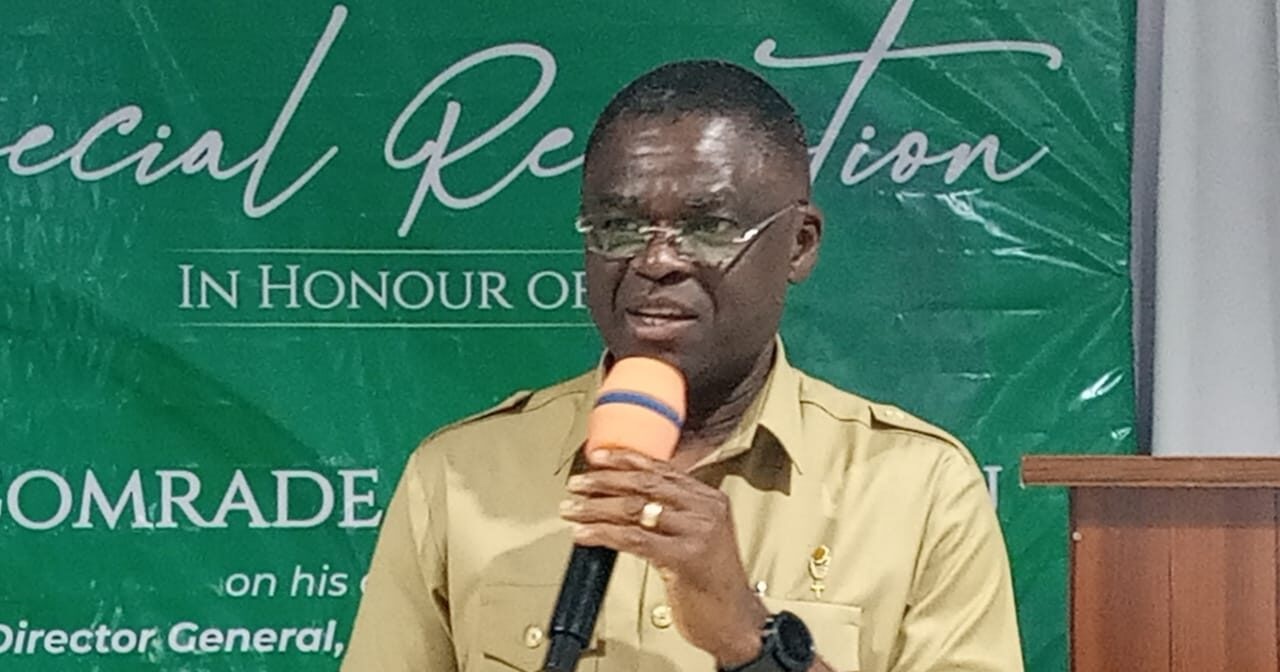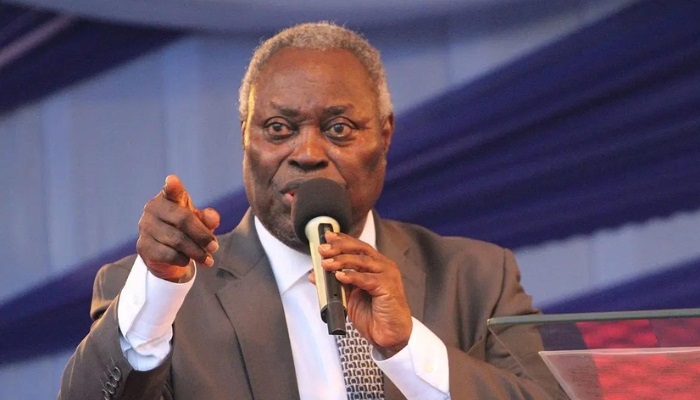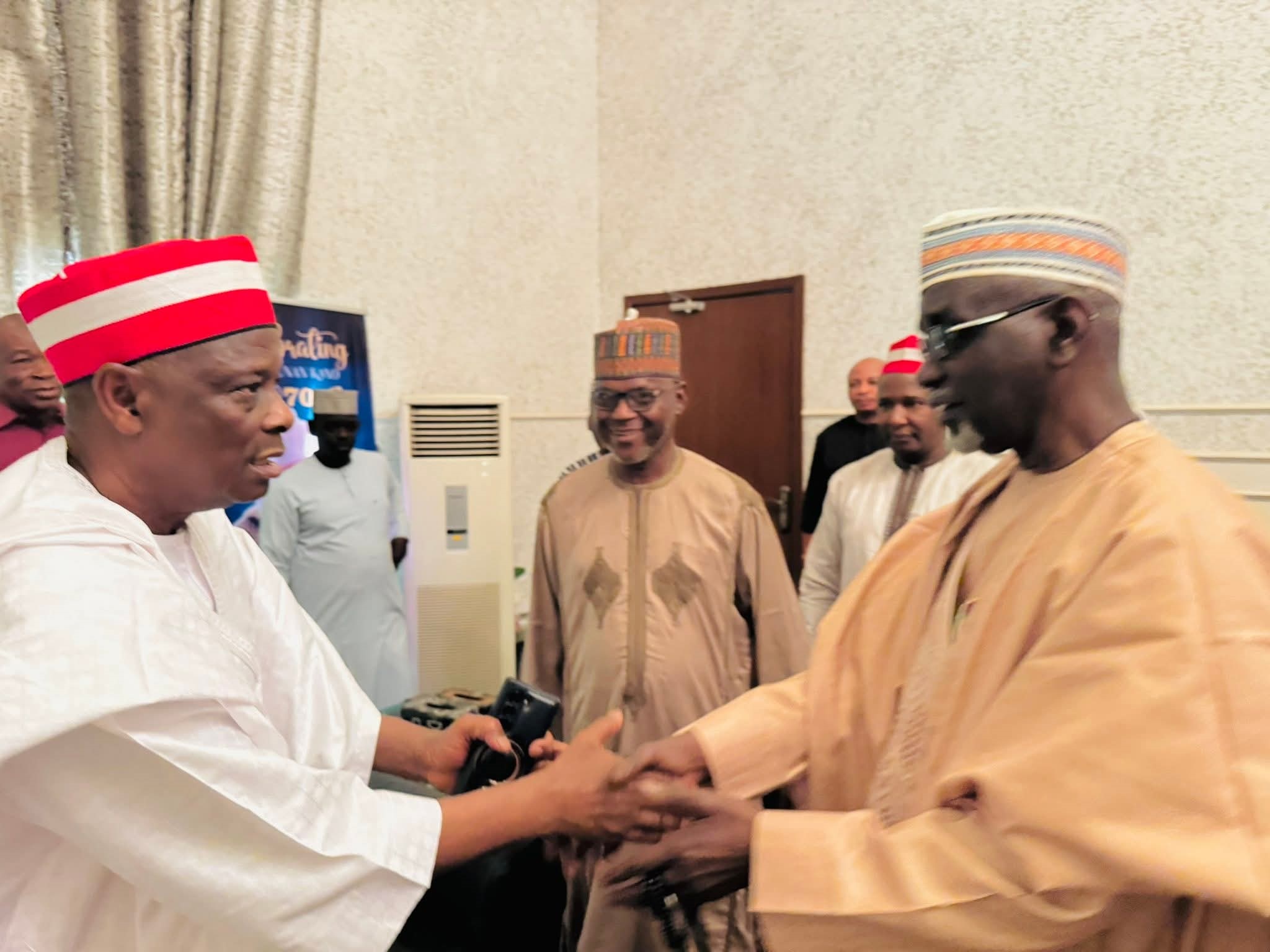The Director-General of the Nigerian Institute of Sports (NIS), Philip Shaibu, says the institution’s future depends on a comprehensive structural reset and a robust public-private partnership model.
Speaking at a reception held in Abuja on Tuesday night by former colleagues from the National Association of Nigerian Students (NANS), Shaibu said his appointment by President Bola Tinubu came with a clear reform mandate.
“My mandate by Mr. President is to carry out a total reform and reposition the NIS to its core mandate of producing excellent coaches for Nigeria and Africa,” he said.
A former Deputy Governor of Edo State and ex-member of the House of Representatives, Shaibu lamented that the NIS had strayed from its founding purpose, with key facilities such as the stadium, indoor hall, tennis courts, and administrative blocks in a state of disrepair.
He said these critical infrastructures must first be rehabilitated by the government before being transferred to the private sector for efficient management.
“Government business now is to put these things right; once standardised, the private sector can drive and achieve success,” he added.
Shaibu emphasised that bureaucratic bottlenecks continue to hinder sports development in Nigeria, stressing the need for a more flexible and business-oriented approach.
“Sport does not need the government bureaucracies that we have presently. If we leave sports to government bureaucracy as it is today, we will simply keep lamenting.”
As an example, he cited the logistical failure in the Super Falcons’ return from Morocco after winning the Women’s Africa Cup of Nations, describing the last-minute scramble for a private jet as “embarrassing” and a symptom of the inefficiency in government sports management.
Reflecting on his time in public service, Shaibu said transparency and accountability defined his leadership style. He recalled being the first legislator to publicly announce his N20 million constituency allocation, allowing his constituents to determine how it should be spent.
“In just 18 months, I executed 13 constituency projects. Some members haven’t done that in eight years,” he said.
Shaibu pledged to bring that same energy, discipline, and integrity to his role as NIS Director-General, leveraging his background as a multi-sports athlete and experienced administrator.
He revealed that in his first few weeks in office, he had consulted widely with stakeholders and developed a 10-year strategic roadmap titled “Roadmap to Reform NIS”.
“I’ve constituted a 32-member committee to review and fine-tune the plan. The reform includes a total curriculum overhaul, removal of obsolete courses, and the integration of modern sports science into training.”
“This is a complete reset — a new beginning for the NIS, with a document that will guide us for the next decade,” Shaibu concluded.





